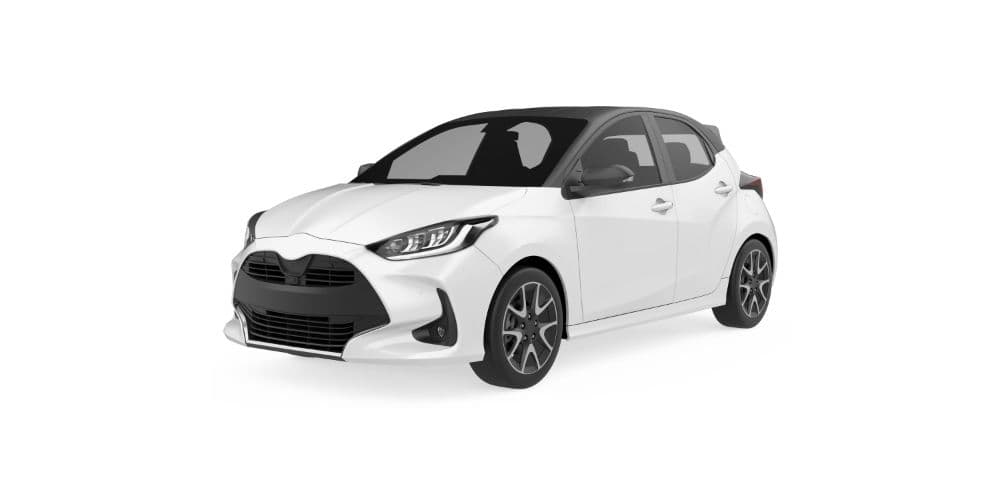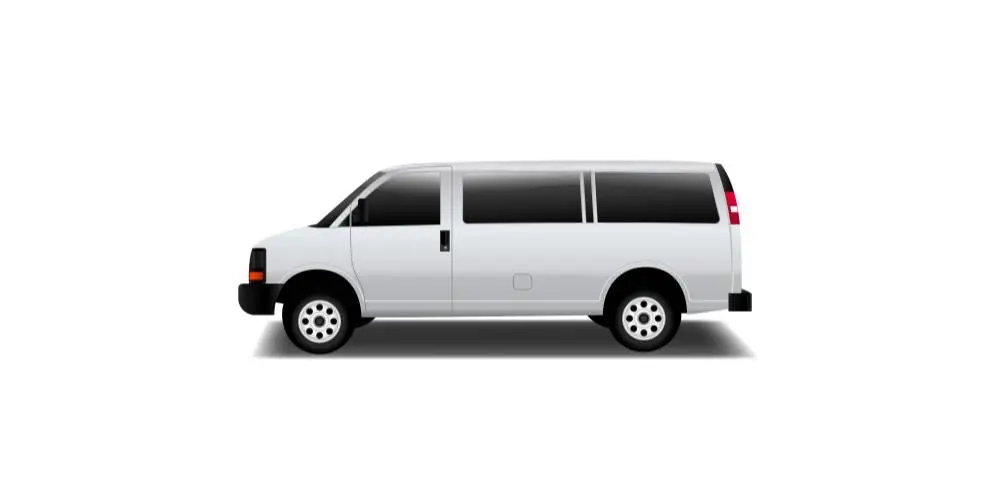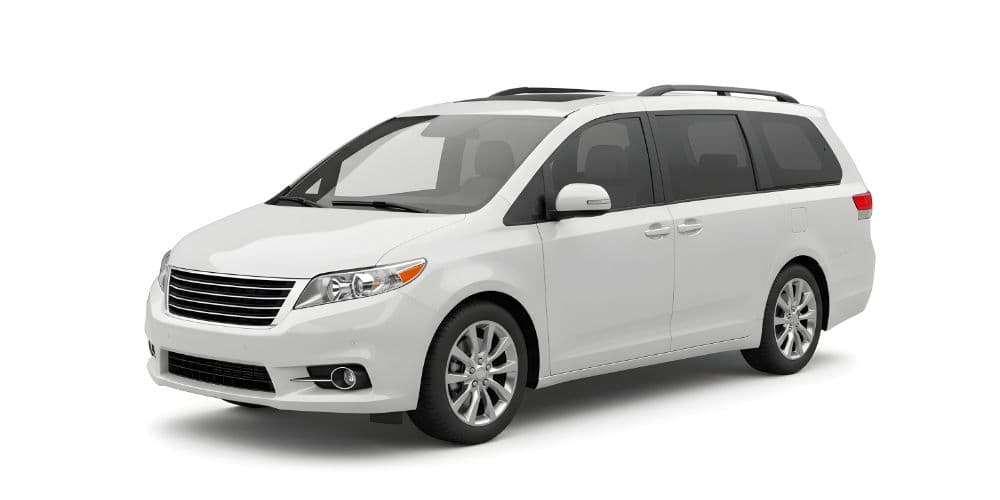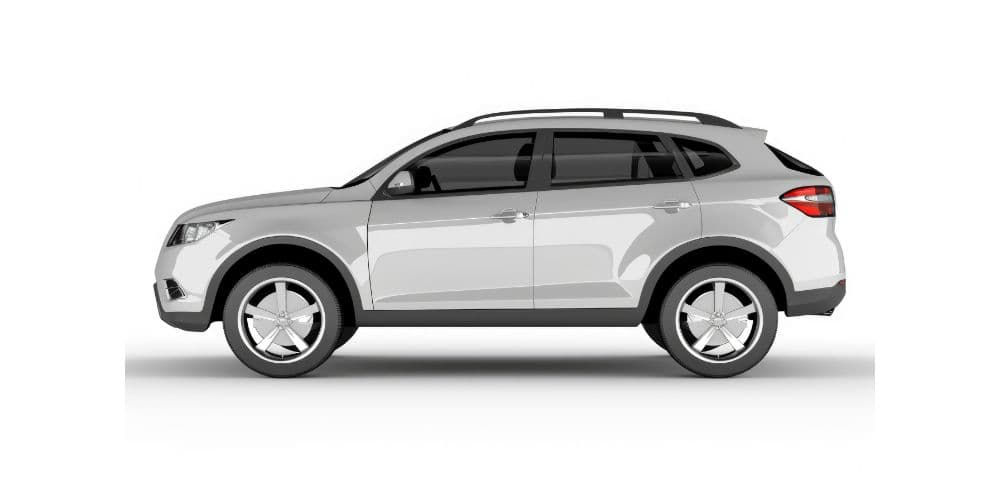
Does My Personal Auto Insurance Cover Rental Cars?
Introduction: When standing at the rental counter, you’re often asked if you want to purchase extra insurance coverage for your rental car. If you own a personal auto insurance policy, a big question arises: Will my own car insurance cover this rental?The good news is that in many cases your personal auto insurance does extend to rental cars. However, there are important nuances and exceptions to understand. In this post, we’ll explain how personal auto insurance typically works with rental vehicles, and when buying the rental company’s coverage (like a collision damage waiver) or other supplemental insurance might be a wise idea.
How Personal Auto Insurance Covers Rentals
If you have a standard personal auto insurance policy on your own car, you usually have the same coverage when driving a rental car as you would in your insured vehicle. In other words, your policy’s liability coverage, collision coverage, and comprehensive coverage (if you carry them) generally transfer to a rental car (as long as it’s for personal use). For example:
- Liability: If you injure someone or damage property while driving the rental, your auto policy’s liability insurance should pay out, just as if you were in your own car. (Note: this typically applies when renting within your home country – more on international situations later.)
- Collision / Comprehensive: If you carry collision and comprehensive on your own car, that coverage often extends to the rental car. So if the rental car is damaged (collision, theft, vandalism, etc.), you could file a claim with your insurer to cover the repairs, minus your deductible.
- Medical Payments or Personal Injury Protection (PIP): Any medical coverage on your policy (for injuries to you or your passengers) usually still applies while you’re in a rental.
In summary, renting a car isn’t fundamentally very different from borrowing a friend’s car in the eyes of your insurance – your policy follows you as a driver. This is why experts often say if you have decent auto insurance and you pay with a credit card that offers secondary coverage, you can skip the rental’s insurance options and avoid that extra daily cost.
However, it’s crucial to verify the details of your own policy before assuming you’re covered. Check or ask your agent: Does my policy cover rental cars for collision and liability? – In *many cases, it will, at least to some extent. Also confirm the limits: you’re only covered up to the limits you carry. If you only have state-minimum liability on your personal car, that low limit will apply to the rental as well, which might be insufficient in a serious accident.
A key point: Your personal insurance typically covers rental cars only for personal use. If you are renting a vehicle for business use (not on a personal vacation but for work purposes and you don’t have a company policy), there’s a chance your personal policy might not cover that. Likewise, commercial car rentals (like moving trucks) are often excluded.
When Is Additional Coverage Advisable?
Even if your personal auto policy extends to rentals, there are scenarios where buying extra coverage or a collision damage waiver (CDW) from the rental company is worth considering:
- High Deductibles: When you use your own insurance for a rental car claim, you’ll have to pay your policy’s deductible out of pocket. Rental CDW coverage can eliminate any out-of-pocket cost for damage. If your deductible is high (say $500 or $1,000), you might prefer to pay the rental’s CDW fee to avoid that risk. Also, a claim on your insurance could potentially raise your future premiums.
- Limited Coverage (Liability or None): If you don’t carry collision coverage (e.g., you have an older car with only liability insurance), your insurance won’t pay for damage to the rental car. In that case, you should definitely get the rental car’s damage waiver or ensure you have another source of coverage (like a credit card’s coverage). Similarly, if your liability limits are low, you might opt for the supplemental liability insurance the rental company offers to bump up your protection (or rely on an umbrella policy if you have one).
- Loss of Use and Fees: One tricky area is “loss of use” – rental companies often charge for the revenue lost while a damaged car is being repaired. Your personal policy may or may not cover loss of use fees that the rental company charges. Many insurers don’t explicitly cover these fees. Rental damage waivers typically cover loss of use, administrative fees, towing, etc. Check your policy or ask your agent if loss of use is covered. If not, that’s a point in favor of the CDW coverage or a credit card that covers it.
- Renting Abroad: Planning to rent a car in another country? This is a big one. Most U.S. auto policies do not cover rentals outside the United States (and Canada). For example, if you drive a rental car in Europe or Mexico, your American car insurance likely won’t applytraveltalkonline.com. You’d need to rely on the rental agency’s offered insurance or a specialty travel policy. (Some credit cards do cover international rentals for collision damage – check yours beforehand.) Canada is usually an extension of U.S. coverage for most policies, but always verify. If you’re traveling overseas, it’s usually wise to purchase the local insurance or a travel insurance policy that includes rental car damage coverage.
- Peace of Mind: Even if you’re fully insured, you might simply want peace of mind on vacation. Dealing with a rental car accident through your own insurance can be a hassle – you’ll have to make claims, possibly pay deductible, and be out the money until it’s resolved. By taking the rental company’s CDW, for instance, you can walk away from an incident with the car and not worry (as long as you weren’t violating the rental agreement). It’s a personal choice: pay extra per day for a worry-free experience, or take a bit of risk and possibly save money.
- Credit Card Coverage: Many credit cards provide secondary rental car insurance if you decline the rental company’s options and pay with the card. Some even provide primary coverage (meaning you don’t have to involve your auto insurer at all). This typically covers collision damage to the vehicle. It’s a great perk, but be sure to read the fine print – cards often exclude certain vehicle types (exotic cars, large vans, etc.), and they usually don’t cover liability or injuries. Also, coverage might be void in certain countries or if the rental exceeds a certain length. If you plan to rely on credit card coverage, call your card company ahead of time to confirm what’s covered. And remember, if it’s secondary coverage, your own insurance pays first, and the card fills the gaps (like your deductible).
Quick Tip: It’s wise to carry a copy of your personal auto insurance ID card or a declarations page when you travel to pick up a rental. The rental agent might ask who your insurer is and policy number if you decline their coverage. Having that proof may also reassure them that you’re not completely uninsured (in rare cases, some locations mandate proof of insurance for certain rentals).
Making the Decision
Before you rent, review your auto policy or talk to your insurance agent. Knowing exactly what’s covered can help you confidently accept or decline the rental company’s insurance. As Travelers Insurance notes, understanding your own policy is the first factor in deciding on rental coverage. If you find you’re not well-covered, you could add a “rental car rider” or endorsement to your auto policy. Some insurers offer a temporary coverage extension (sometimes called “hired auto” coverage) for rentals, which might be cheaper than the rental company’s offering if you rent frequently.
When you’re at the counter, you typically have a few options: Collision Damage Waiver (CDW/LDW) for the vehicle damage, Supplemental Liability for extra liability protection, and sometimes Personal Accident Insurance for medical or Personal Effects for belongings. If your own insurance (and possibly your health insurance for injuries) is solid, you can usually decline all of these. Just be absolutely sure you’re comfortable with the risk and potential hassle.
At Airport Van Rental, we make it easy to ensure your rental car is fully protected. Our Collision Damage Waiver (CDW) powered by RentalCover offers hassle-free coverage and complete peace of mind, so you won't have to worry about unexpected costs or dealing with claims. Adding CDW to your reservation is simple just select it at checkout, and enjoy your trip knowing you're fully covered.
Our Most Popular Vehicles
Frequently Asked Questions
Typically, your personal auto insurance does cover rental cars, but usually only if your policy includes comprehensive and collision coverage. Your coverage limit and deductibles apply exactly as they do to your own car. However, personal auto insurance generally won’t cover rental-specific fees such as "loss of use" (charges for rental income lost while repairs are made), administrative fees, or diminished vehicle value after an accident.
Consider purchasing rental car insurance or Collision Damage Waiver (CDW) from the rental company if: Your personal auto insurance lacks comprehensive and collision coverage. Your auto policy has a high deductible (e.g., $500+), and you'd prefer avoiding out-of-pocket expenses after an incident. You’re traveling internationally, as U.S. auto policies typically do not provide coverage outside the United States and Canada. You want a completely hassle-free experience without involving your own insurance company if damage occurs.
Many premium travel credit cards (like Chase Sapphire, American Express Gold/Platinum, Capital One Venture) provide primary or secondary rental car collision coverage at no extra cost when used to pay for rentals. This covers vehicle damage or theft but usually excludes liability coverage. Always verify with your card provider before renting to confirm coverage specifics and eligibility requirements.



